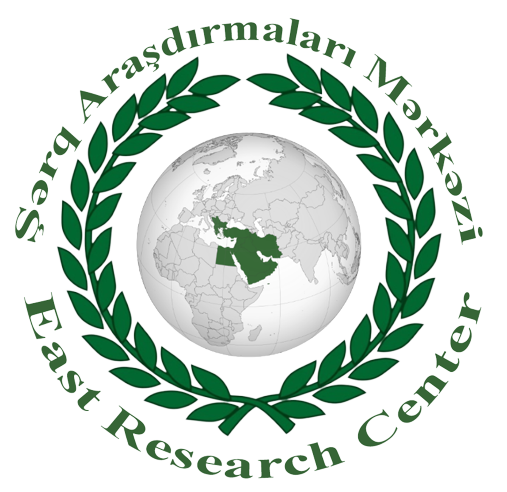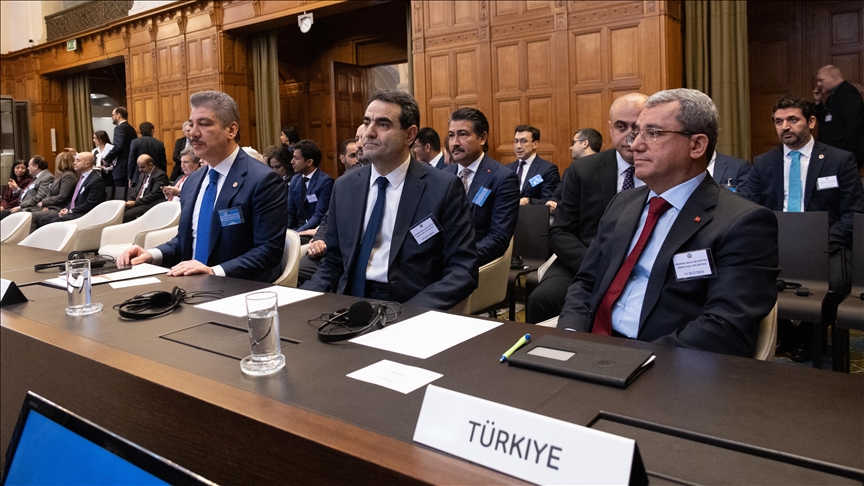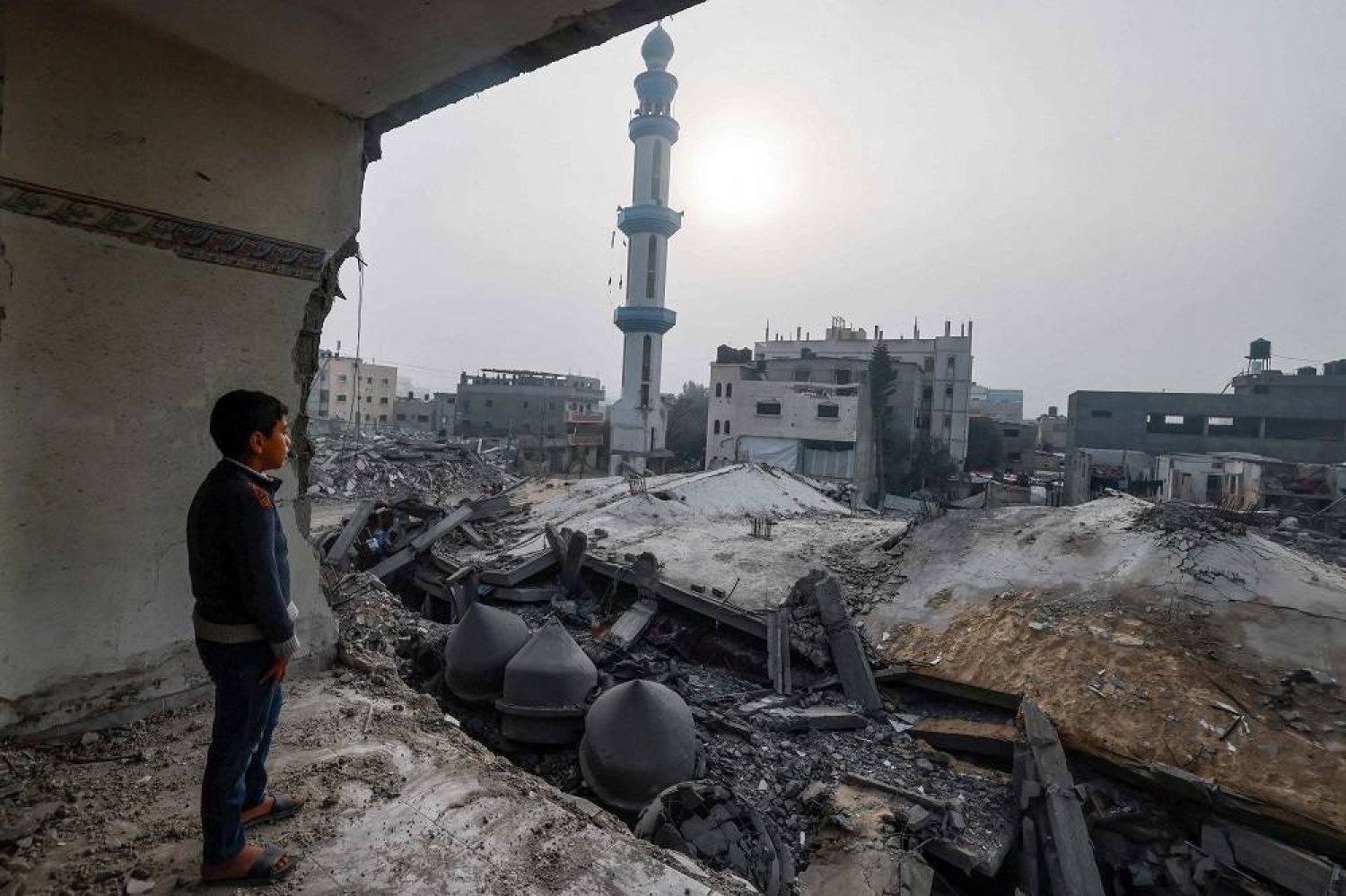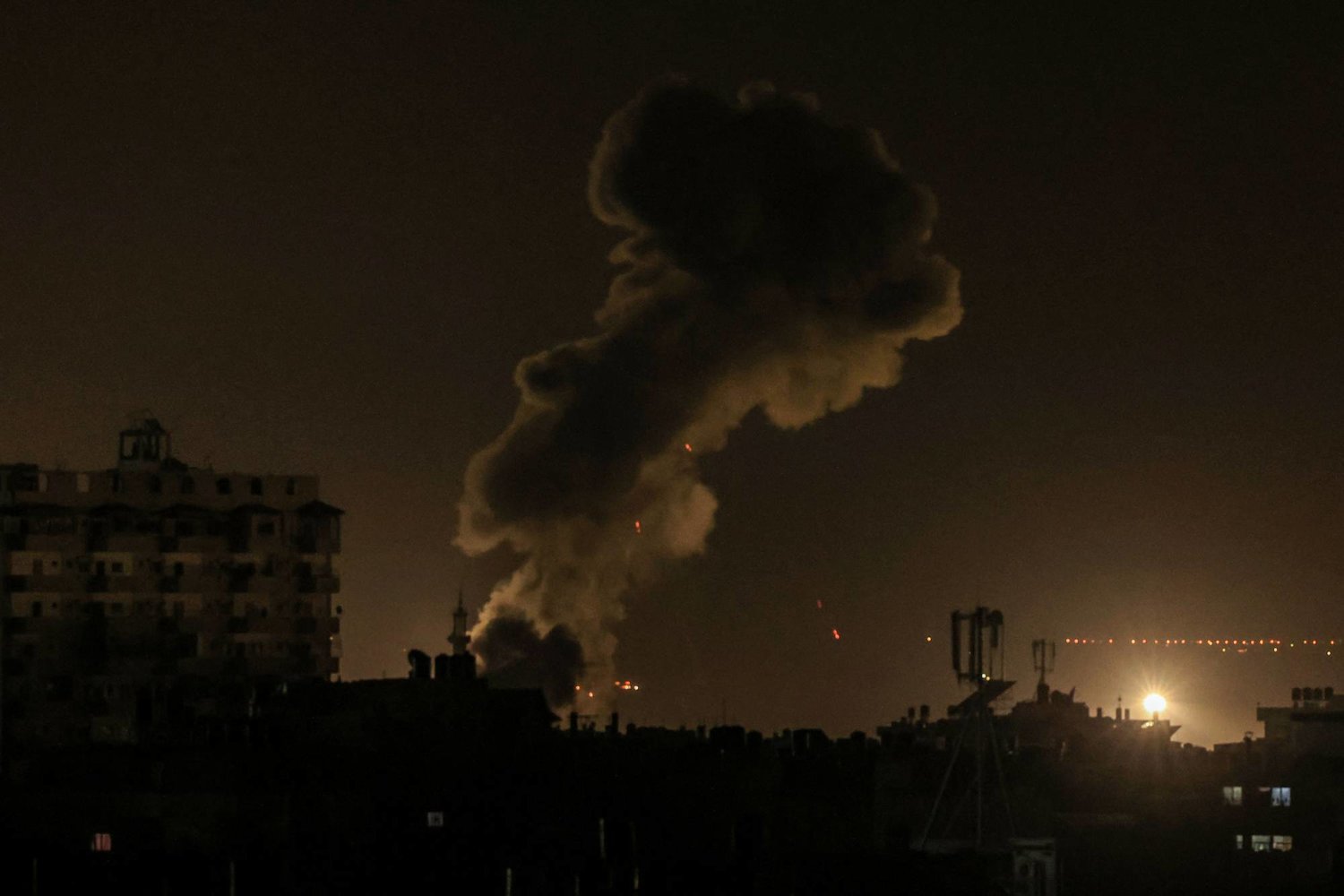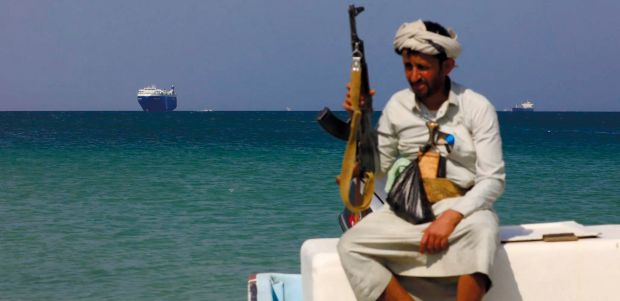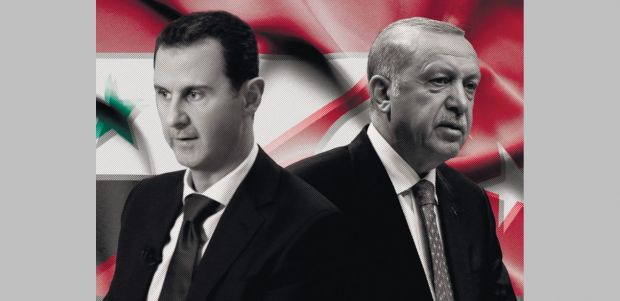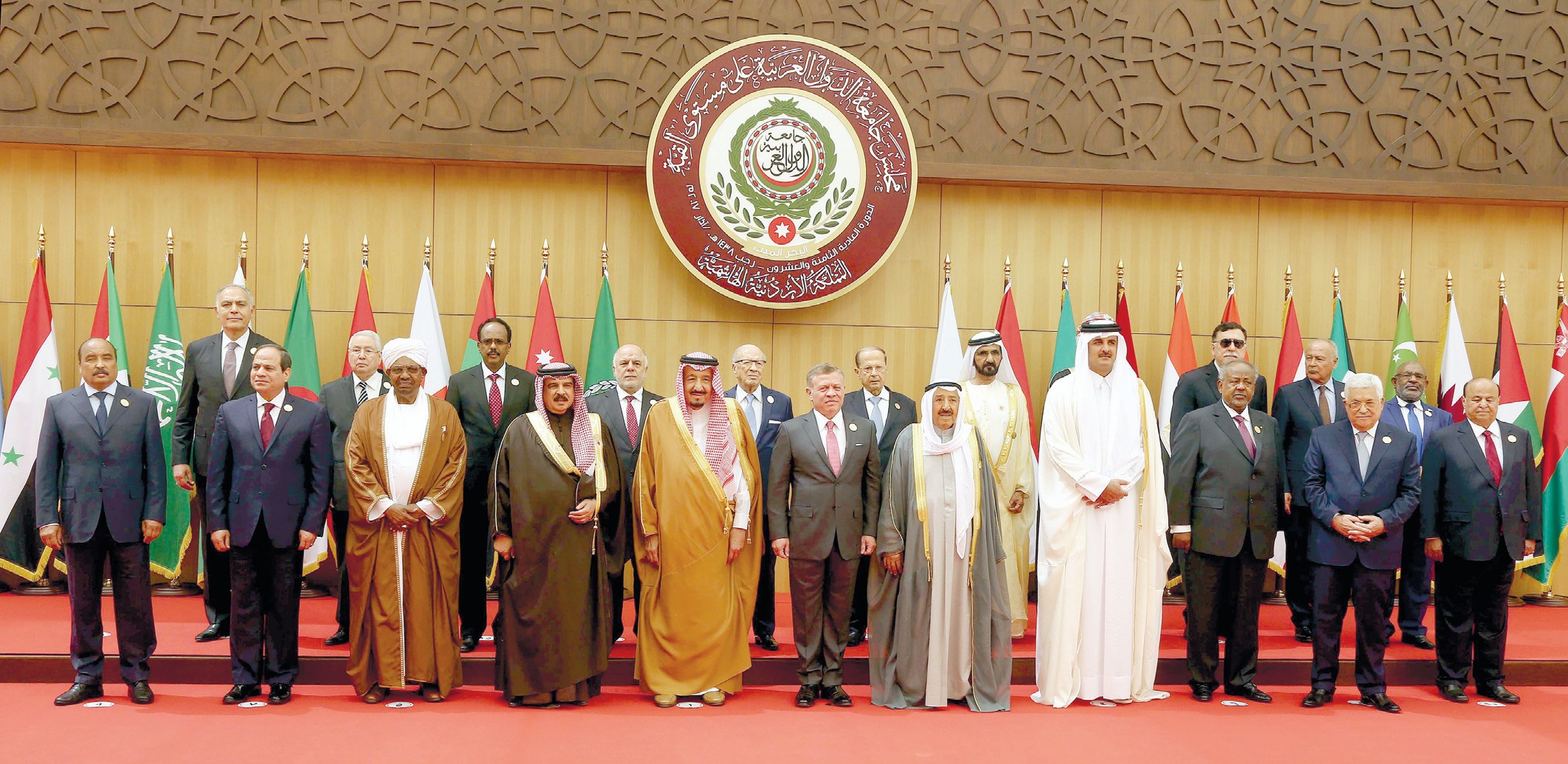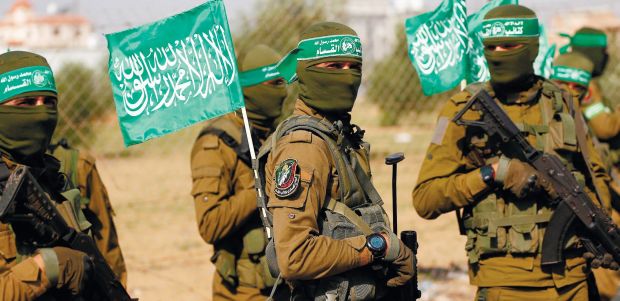
The unexpected October 7 attack on Israel by Hamas shook the already fragile stability in the Middle East. Although not the first conflict between Israel and Hamas, which has long gained a foothold in the Gaza Strip, it is nonetheless significantly different from previous conflicts in terms of its scope and consequences.
It was the first time the Hamas fighters entered the Israeli territory and seized several settlements, posts, and took some 300 Israeli and foreign citizens as hostages.
The military operation dubbed the Al-Aqsa Storm has effectively shattered the relatively stable situation that had developed in the Middle East over the past few years. The Israeli army responded with a heavy bombardment of the Gaza Strip, killing and injuring thousands of people and destroying the Palestinian settlements. While the military consequences of the conflict are somewhat clear, what kind of political effects can we expect any time soon? How will the next round of tensions triggered by the Hamas attack affect the most sensitive region on the planet?
A blow to US projects in the Middle East
The Hamas incident seriously hit Washington's projects in the Middle East, particularly the Arab-Israeli reconciliation, which had accelerated in recent years. Arab countries, including Saudi Arabia, now put it on hold after the Israeli bombing of Gaza.
Another project that seriously suffered from the incident was the US-backed IMEC (India-Middle East-Europe Economic Corridor) project signed in September and seen as a fairly realistic economic basis for Arab-Israeli reconciliation.
IMEC is considered an alternative to China's Silk Road initiative. Under the project, it was planned to deliver goods from India through the seaport of Dubai (UAE), then by railway through Saudi Arabia and Jordan to Israel and then by ship to Europe. But it seems that the project is now in doubt. Washington's plan was to accelerate reconciliation with Israel by taking Riyadh out of the Chinese influence.
The military escalation has also undermined the credibility of the UAE-Israel railway project as part of the IMEC. We can forget about the construction of the railway line at least any time soon.
In addition to disrupting the Iranian-Saudi peace, it was also planned to leave Egypt and Türkiye out of IMEC. After all, both countries have long been recognised as traditional transport corridors of the Middle East. In other words, IMEC had serious opponents in the region.
As a result, the October 7 incident dealt a major blow to yet another offensive diplomacy of the US in the Middle East, disrupting Western initiatives in the region.
Iranian trace
Immediately after the attack on Israel, all eyes were on Iran. It is no secret that Iran is one of the main sponsors of Hamas. Tehran does not hide it at all. As a result, Israeli politicians and American Republicans have made a number of categorical statements blaming Iran for everything and calling for tough measures against the country.
However, Tehran has denied direct involvement or its role in the attack, although senior Iranian officials welcome the Operation Al-Aqsa Storm, including the Supreme Leader of Iran, Ali Khamenei. In turn, the US government has also said it had no information whatsoever about Iran's involvement or participation in the Hamas attack.
Four days earlier, on October 3, Khamenei had criticised Arab countries for making peace with Israel. He called their choice of reconciliation inherently unsuccessful and said that the Arab authorities had "backed the wrong horse".
Meanwhile, the Hamas operation is in Iranian interests, even if Iran is not directly involved. After all, Washington's attempts to reconcile Israel and Saudi Arabia have undermined any efforts to bring Tehran closer to Riyadh. On the other hand, a new transport corridor would weaken the role of the traditional route from China to Europe, of which Iran is also a part. So how might Tehran be involved in all these processes?
Hamas-Iran relations
For many years, Iran has openly provided funding and arms to a number of militant groups in the Middle East, including Hamas and Islamic Jihad, which operate in the Gaza Strip in Palestine. It is true that during the Arab Spring and especially at the height of the Syrian civil war, relations between Hamas and Iran deteriorated because of the position the latter took towards Arab countries that opposed the Syrian government and Bashar al-Assad personally. The organisation even moved the office of its politburo from Damascus to Qatar.
The relations normalised in 2019, after a number of Arab countries softened their relations with the Syrian authorities. Therefore, it is difficult to assert that Hamas is a fully Tehran-controlled proxy organisation.
First contacts between the two began in 1991. At that time, Israel expelled about 400 activists and leaders of the organisation to Lebanon. There, in the Marj al-Zuhour camp, Hezbollah and Iranian emissaries established ties with Hamas.
Hamas was founded in 1987 during the First Intifada (a mass act of disobedience in Palestine) by a group of Palestinians following the ideology of the Muslim Brotherhood (Ikhwan) movement, which had originated long before in Egypt. There was also an ideological affinity between the group and Iran, as some aspects of the Ikhwan coincided with the ideological foundations of the Islamic Revolution. Hamas leaders claim that Iran armed and funded the organisation to support its confrontation with Israel, rather than to manage and control Hamas. In other words, Iran put forward no demands to the organisation other than to continue fighting for Palestine. Remarkably, Hamas has maintained quite well relations with Iran even despite various religious and political differences. After the assassination of Iranian General Qasem Soleimani, Hamas published an official message of condolence, calling him a Jerusalem martyr.
Despite lack of direct ties with Iran, the October attack coincided with Tehran's regional policy. However, Iran is not getting involved in the conflict realising the risks of the conflict widening and escalating into a major war. Thus, a few days after the attack, Iranian Foreign Minister Hossein Amir Abdollahian visited Beirut to meet with Hezbollah leaders. Either way, the statements of Tehran officials show that Iran has no intention to take a direct part in the war. At best, it may do so through indirect support for groups in Lebanon, Syria and Iraq, but only if Israel launches a ground operation in the Gaza Strip and widens the front line.
Future of the region and US-Iranian talks
Obviously, in addition to hitting the Arab-Israeli reconciliation process and the IMEC transport project, the confrontation between Israel and Hamas will intensify anti-Western sentiments in the region. As a result, a number of Arab countries will have to suspend reconciliation and rapprochement with Israel, at least in the near future. Finally, the existing situation will strengthen the position of organisations taking a Hamas-based line of armed struggle against Israel. Attacks on US warships and bases in Yemen, Iraq and Syria show that the period of stability in the Middle East repeatedly emphasised by the Americans in recent months is effectively over.
A few years earlier, Jake Sullivan, National Security Advisor to the US President, stated that "the Middle East region is quieter today than it has been in two decades". Now we can see the end of this period, and with it the disintegration or at least serious damage to the new system of relations built by Washington in the region.
We should not forget about the factor of Russia and China. Apparently, the latter could seriously damage US positions in the region, in particular the IMEC project, which is considered an alternative to China's Silk Road. Russia has gained significant support on the opposite front, including Hamas. It has strengthened its position in the Middle East and, most importantly, has managed to sideline the Ukrainian issue. The current situation is a reminiscent of the foreign followed by the USSR in the Middle East during the Cold War.
The rivalry between the US and Russia (and China) in the region is deepening and seriously threatens Washington's Middle East doctrine laid down by Henry Kissinger, which has ensured American dominance for over forty years.
The October 7 attacks and the events that followed shows the instability of the current military and political situation and the possibility that it could be disrupted at any time by new players.
The future of US-Iranian relations remains one of the most important issues on the current international agenda. Will Washington continue the peace talks with Tehran or will their relations escalate again? In the first days after October 7, Washington made an official statement that Tehran was not involved in the conflict. This was also followed by a denial of information about the freezing of Iran's assets at the Qatar National Bank. This shows Washington's reluctance to escalate the situation to a full-scale war and, most importantly, Iranian involvement. Although Israeli officials continue to make appeals to punish Iran.
However, the continuation of armed confrontation and attacks on US forces in Iraq, Syria and Yemen may force Washington to reconsider its policy towards Iran. Thus, Arab media reported that Washington suspended negotiations in Oman on extending the terms of the nuclear agreement, allegedly because of suspicions against Tehran over missile strikes on US military bases in Iraq and Syria. At the same time, it seems that Washington continues active diplomacy on Iranian and Arab tracks in order to achieve an early ceasefire in the Gaza Strip.
